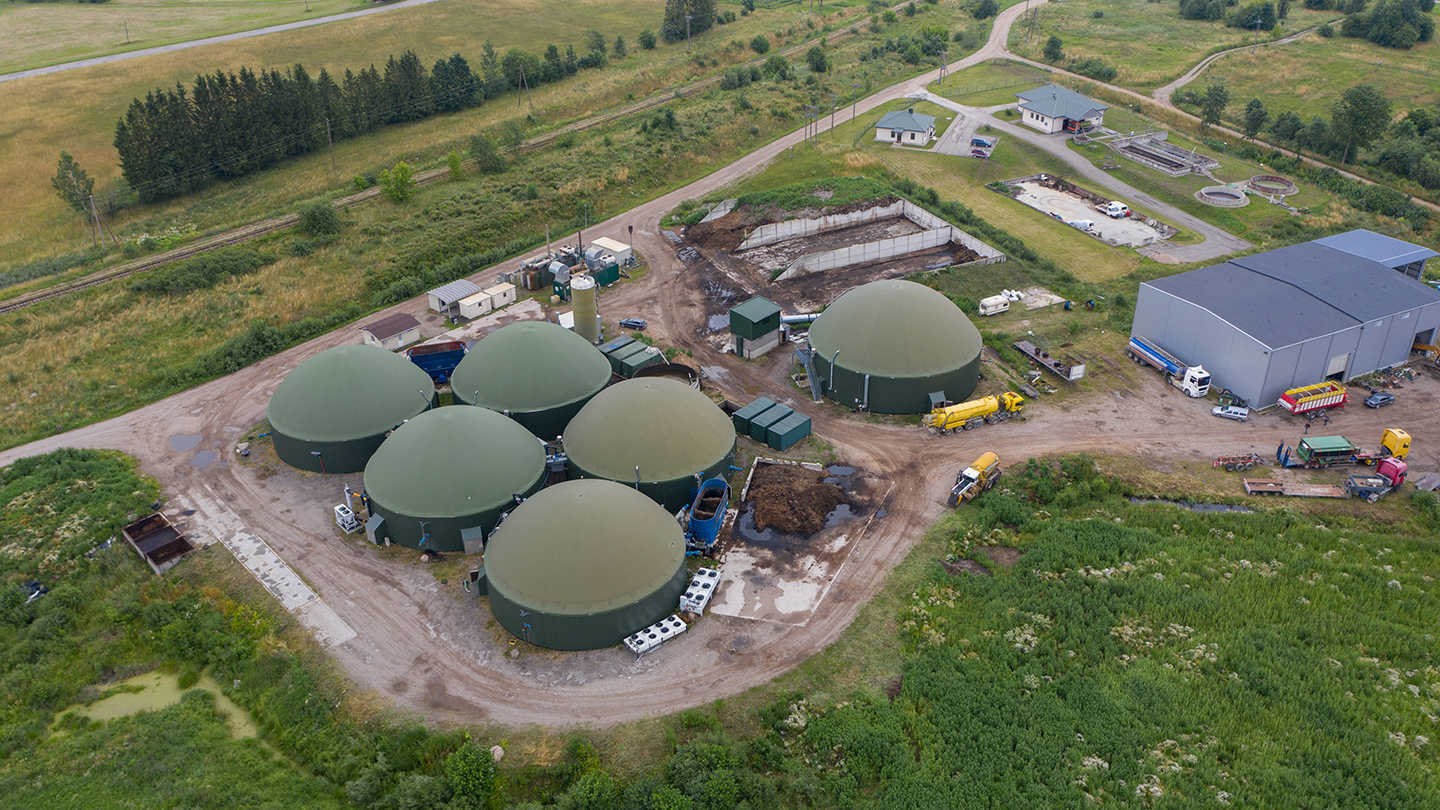Large research project promotes climate benefits through efficient resource recovery
2021-12-22

Through more efficient technologies, researchers want to recover as many resources as possible from waste. Instead of raw materials making their way down a production line where waste is formed as a result of the various processes, the goal is to create a circular flow in which even that which becomes waste is entered back into the production loop in order to extract new substances and materials. At the same time, the goal is to reduce the climate impact that currently arises through various emissions and volumes of waste in the production of, among other things, biogas.
“Our wear and tear lifestyle is not sustainable. The waste we produce causes pollution in soil, air, and water, if it is not dealt with in an efficient and sustainable way. By using waste as a resource, we also fight negative climate changes,” said Mohammad Taherzadeh, Professor of Biotechnology and leader of the project.
Further develops biogas plants for biorefineries
One of the best and most common biological techniques for reducing the amount of organic waste and greenhouse gas emissions, while producing products that can be marketed, is so-called anaerobic degradation (i.e. bacteria that work in an oxygen-poor environment to break down materials, in this case waste of various kinds). The most important products today for conventional waste decomposition are biogas and fertilizers.
“We want to go one step further and further develop today's biogas plants into biorefineries that convert organic waste into new biochemicals and biomaterials, which creates a circular resource life cycle,” explained Mohammad Taherzadeh.
Such a biorefinery will be implemented in existing biogas plants.
Through the biorefinery, various valuable substances will be separated out and brought back into the production and consumption cycle as fresh alternative biochemical raw materials, which in turn can be used to produce biomaterials such as bioplastics, animal feed, wastewater treatment chemicals, biofuels, and starting chemicals.
Today, raw materials from fossil sources are usually used in the production of the most common forms of these products, while the new chemicals and materials come not only from biological sources but from waste.
Read more
The project "Resource recovery through volatile fatty acids and alcohols" is a part of the national research programme for climate and runs for four years until the end of 2025. It is funded through Formas. The focus is on production through bioprocess technology and polymer technology.
The project is carried out in collaboration with Rise Research Institute and Umeå University.
The project is in line with the following global sustainability goals: 2 (zero hunger), 7 (affordable and clean energy), 8 (decent work and economic growth), 11 (sustainable cities and communities), 12 (responsible consumption and production), 13 (climate action), 14 (life below water) and 15 (life on land).
Solveig Klug, translated by Eva Medin
Adobestock

